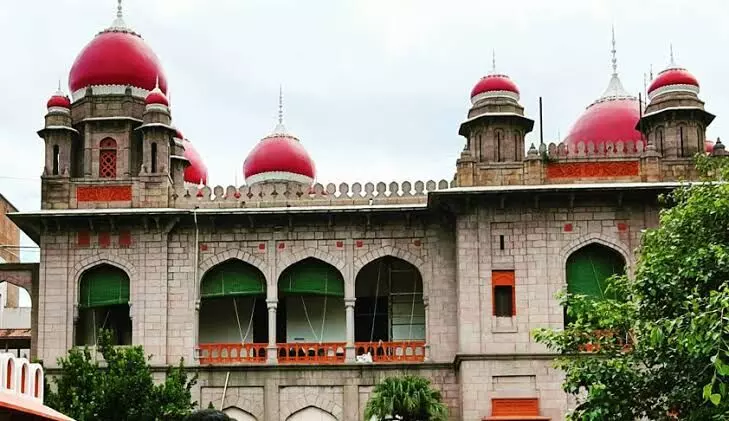What measures have been taken to prevent misuse of spy cameras in hotels, hostels? Telangana HC asks state
The court issued notices to the Principal Secretary (Home), the Director General of Police, and the Additional DGP of the Women's Safety Wing
By Newsmeter Network
Representational Image
Hyderabad: Telangana High Court has directed the state government to spell out the measures taken to prevent the misuse of spy cameras, which have been increasingly reported in hostels, hotels, malls, and other public spaces.
Justice NV Shravan Kumar has asked the authorities to submit a detailed report within two weeks.
Government asked to respond
The court issued notices to the Principal Secretary (Home), the Director General of Police, and the Additional DGP of the Women's Safety Wing. They were asked to consider the representation filed by Heavens Home Society (HHS) and file a compliance report by September 22.
Circular on dealers ignored
The petition, filed by HHS founder G. Varalakshmi, sought enforcement of a March 29, 2025, circular issued by the Women Safety Wing. The circular directed police units to identify dealers selling spy cameras and ensure shops displayed cautionary stickers warning customers of penalties for illegal use.
Legal penalties highlighted
As per Section 66(E) of the Information Technology Act, capturing or transmitting private images without consent attracts up to three years’ imprisonment or a fine of up to Rs 2 lakh. The petitioner argued that despite submitting a representation on July 10, 2025, no action was taken.
Rising concerns over privacy
The plea pointed to instances of hidden cameras being illegally installed in bathrooms, changing rooms, hostels, and commercial establishments, causing severe trauma to women. Several criminal cases have already been registered in Telangana over such incidents.
Violation of Rights cited
The petitioner urged the court to declare the government’s inaction as illegal, terming it a violation of the right to equality and privacy under Articles 14 and 21 of the Constitution. The court observed the matter was “sensitive” and required urgent preventive steps.